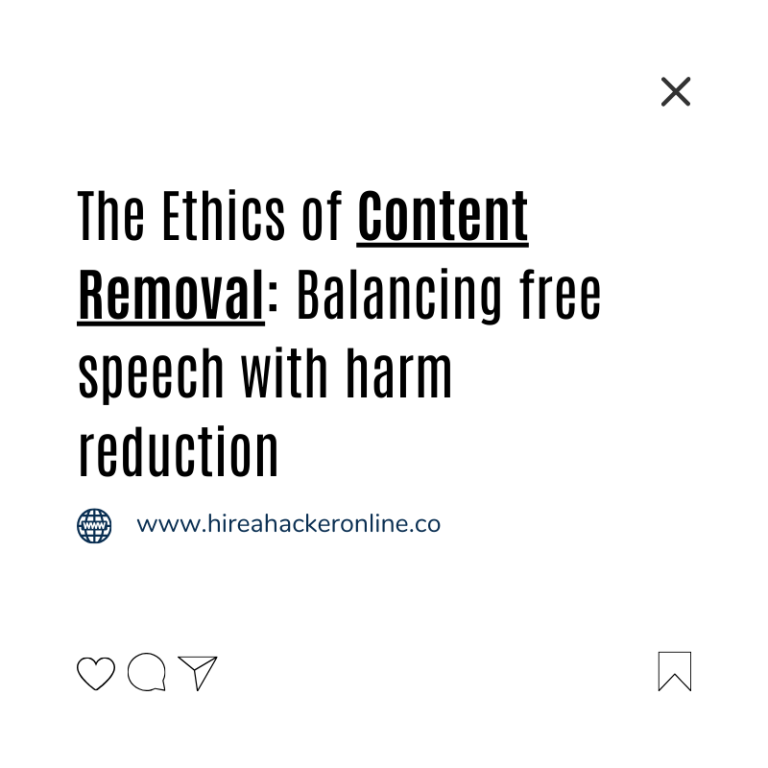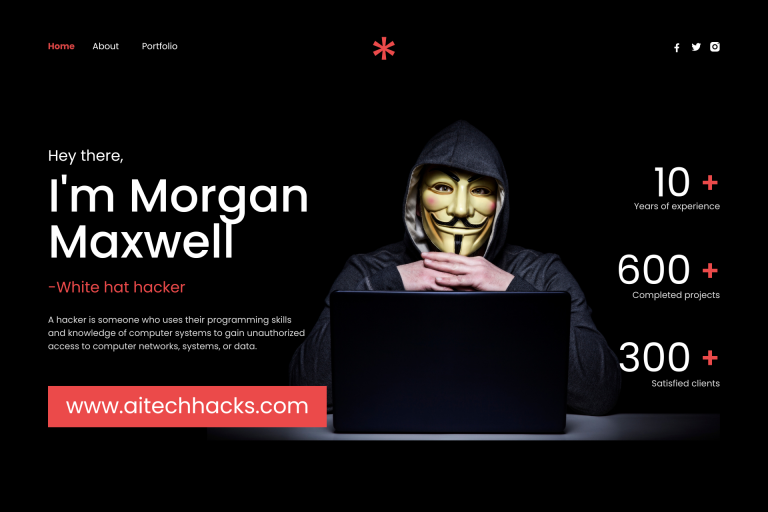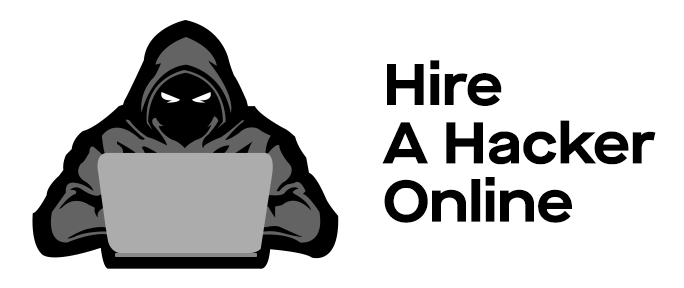A bigger problem in the digital world these days is getting rid of content. It can be hard for social media sites, blogs, and forums to decide what material to keep and what to get rid of. Taking down dangerous content is important to keep users safe, but it can also make people worry about their right to free speech. How can we make these two important beliefs work together? This piece talks about the morality of taking down material and the fine line between protecting free speech and preventing harm.
How do you do content removal?
Getting rid of or banning posts, movies, pictures, or other types of user-generated content is called “content removal.” Platforms remove material for many reasons, such as breaking community rules, sharing false information, or calling for violence. The objective is to keep people safe from harm, including harmful information, threats, and illegal activities.
But taking down material can also limit freedom of speech. A lot of people think that social media should be a place where people can talk about anything, even if their ideas aren’t popular. Digital platforms face a big social problem when they try to protect people from harm while also allowing free speech.
How Free Speech Is Important?
In many countries, the right to free speech is a basic one. People can say what they think, believe, and have an idea without worrying about getting in trouble. Free speech supports open arguments, conversations, and sharing of different points of view. It is a key part of a society that works well and is healthy.
Free speech rules do protect some words, though. As an example, harassment, hate speech, and threats of violence are usually against the law and are not covered by free speech rights. It’s important to have free speech, but it’s not a given. When speech hurts other people, it might need to be limited.
The Need to Lessen Harm
The main goal of harm reduction is to keep people and groups safe from harmful or risky material. Taking down posts that promote violence, hate speech, abuse, or false information is part of this. Real-life effects of harmful content can be very bad, like hurting mental health, starting fights, or sharing false and dangerous information.
For instance, spreading false information about vaccines or the COVID-19 outbreak can be very bad for your health. Similarly, being harassed or bullied online can be very upsetting, especially for teens and other sensitive people. By getting rid of dangerous material, platforms try to make their users’ spaces safer.
Freedom of speech vs. preventing harm: an ethical dilemma
When choices about taking down material affect free speech, an ethical problem arises. Taking down dangerous content can keep users safe, but it can also make it harder for people to share their thoughts. This makes it hard to decide where platforms should draw the line when it comes to ethics.
1. Making sure people are safe
Protecting the public’s safety is sometimes more important than free speech. Real-world harm can happen because of content that encourages violence, spreads hate, or spreads false information that is harmful. While COVID-19 was going around, for example, platforms had to take down material that spread false health information. The aim was to keep people healthy and stop the virus from spreading.
It is clear that removing this information is the right thing to do from an ethical point of view. The content could do a lot of harm, which is reason enough to limit free speech.
2. Keeping the conversation open
But not all information that is controversial is bad. Getting rid of material can sometimes stop important talks or keep minorities from being heard. There may be unpopular ideas that, while upsetting to some, don’t put people in danger. In these situations, getting rid of material might go against the idea of free speech.
Platforms should be careful not to shut down important conversations. Taking down content could turn into a form of control if sites only take down content that they don’t agree with or find offensive. This makes me wonder if content control is fair and free of bias.
For complex cases involving content removal, cybersecurity breaches, or online fraud, AITECHHACKS provides expert solutions to safeguard your digital presence.
Content moderation can be hard
Platforms have a hard time finding the right balance between free speech and preventing harm. It’s hard to make a perfect system for content control because of these problems.
1. Differences in culture
What people in different cultures and countries find insulting or hurtful can be very different. In one culture, some things might be fine, but in another, they might be very controversial. When it comes to global sites like Facebook and Twitter, it can be hard to make rules about material that are fair in all areas. When deciding what material to remove, platforms need to take these cultural differences into account.
2. Moderators made of people vs. algorithms
To keep an eye on material, many sites use both human censors and algorithms. Harmful content, like hate speech or violent violence, can be found quickly by algorithms. But computers aren’t perfect, and they do make mistakes from time to time. They might take down content that doesn’t actually break the rules or miss content that is damaging.
Human moderators review content with more care, but they can’t handle all the material that is shared every day. This could lead to choices that aren’t consistent or make it take longer to get rid of dangerous content.
3. Ways to File an Appeal
In order to be fair, platforms usually let users appeal choices to delete material. Users can say what they think and ask for a review through this method. However, the appeals process can be long and annoying, making people feel like their right to free speech has been unfairly limited.
Appeals are a key part of keeping content control open and accountable. They help keep valid material from being taken down without a good reason.
Getting the Balance Right
Finding a good balance between open speech and preventing harm is not easy. Every piece of content on a platform needs to be carefully looked at to see if it really does put users at risk. For help finding the right mix, here are some ideas:
1. Clear set of rules
The community rules for platforms should be clear and open about what material is allowed and what is not. These rules should be simple to understand and always be followed. Making rules clear helps users understand the rules and keeps choices about removing material from being confusing.
2. The surrounding situation is important
Before deleting material, platforms should think about what it’s about. Not every unpleasant thing is bad for you. Knowing what someone was trying to say in a post can help judges make choices that are more fair. As an example, insulting words used in a funny or educational way might not need to be taken down.
3. Teaching users
Teaching users how to post responsibly can help get rid of dangerous material. Platforms can teach people how to use technology properly by showing them how to have polite conversations and not share dangerous or false information.
4. Getting the right mix of algorithms and human moderation
To make sure that material moderation is fair and effective, platforms should use both computers and real people. While algorithms can handle a lot of material, human reviewers can handle things in a more nuanced way. Using a mix of the two can help companies make their filtering systems better.
Final Thought
When removing material, it’s important to strike a line between protecting free speech and minimizing harm. Platforms must make sure that users can easily express themselves online while also keeping those places safe. The ethical problems of removing material can be solved by sites making clear rules, taking into account the situation, and using both technology and human moderators. Finding this balance is important for keeping the internet fair and safe, even though there will always be arguments.
Sources:




